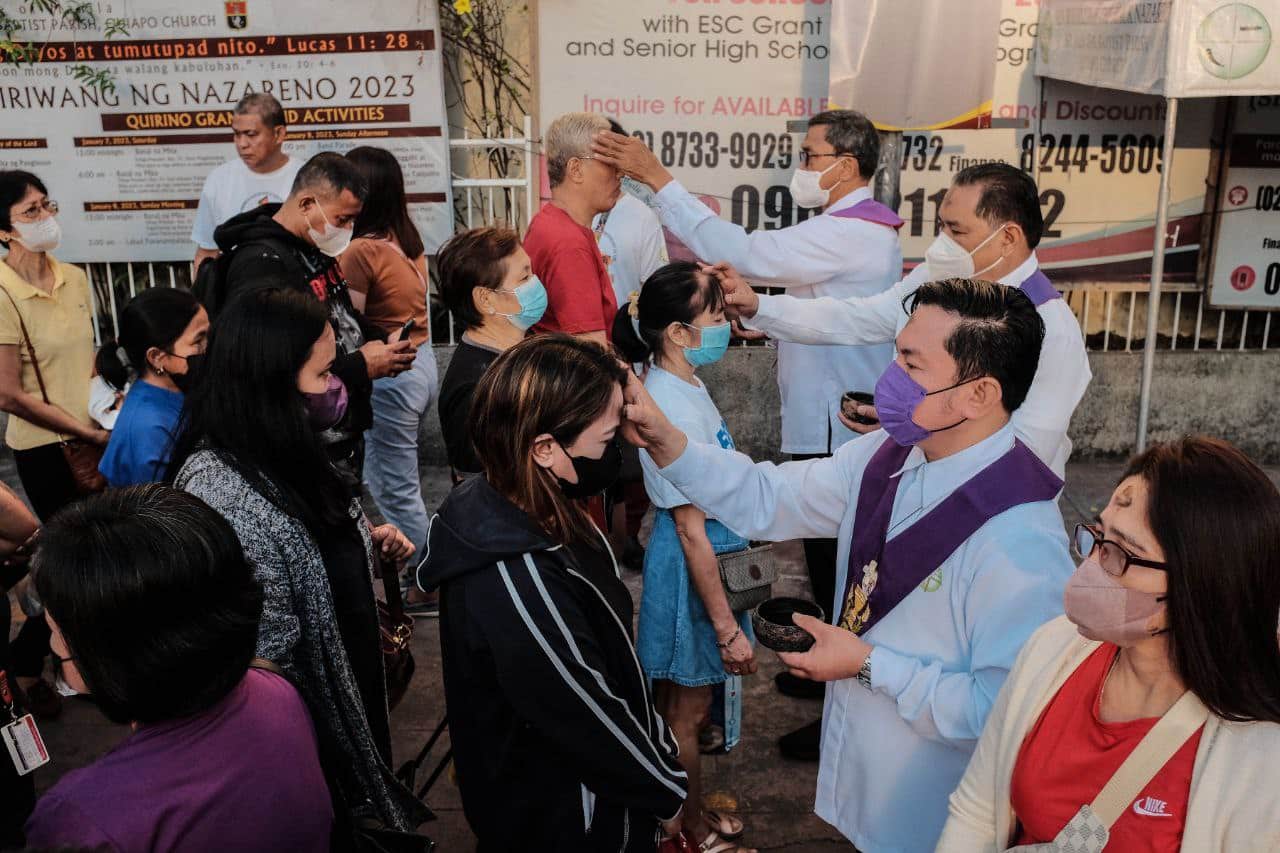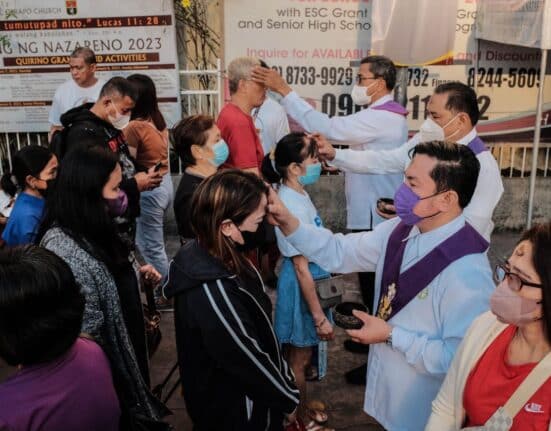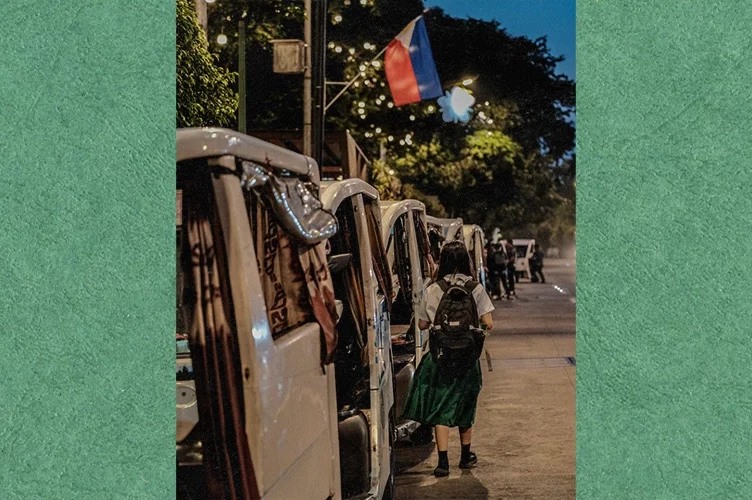STARTING February 22, devout Filipino Catholics will start their 40-day Lenten season as Ash Wednesday begins. This year, parishioners are expected to flock to churches and get ashes on their foreheads as restrictions brought upon by the COVID-19 pandemic ease.
According to the Archdiocese of Manila’s Archdiocesan Liturgical Commission, it will now “revert to the imposition of ashes on the forehead of the faithful.”
During Ash Wednesdays and Good Fridays, Filipino faithful practice fasting and abstinence. Catholics between the ages of 18 to 59 are bound to fast and abstain from eating meat during Lent.
According to the latest tally by the Philippine Statistics Authority, there are currently over 81 percent Roman Catholics in the Philippines.
But as the world moves on from the pandemic, are Filipino Gen Zs more religious, or have they shifted to becoming more secularized?
For some, it’s time to leave the Church
23-year-old Andrea Salvador has been a non-believer of religious traditions since high school. The turning point for her to unfollow Catholic practices was when she realized how the Bible prohibits its faithful from eating a particular food, wearing certain clothes, and even engaging in premarital sex. But then these faithful who preach the Word of God and chastise people who do such activities are the same people who violate the teachings.
She now identifies herself as an atheist.
She also noted that the faith she grew up in “forces” other people to follow their beliefs, which she realized was “problematic” after leaving her religion.
“They really try to impose their beliefs and judge people just because others don’t believe in what they believe in, which is why some people are still forced to follow religious traditions,” Salvador told republicasia.
According to a 2022 report by the American Survey Center, more than one-third, or roughly 34 percent, of Gen Zs in the world are less religious.
The survey said the reason behind the declining religiousness of Gen Zs is that they are raised in non-religious households. On the other hand, millennials account for 29 percent of the survey participants who said that they are unaffiliated with any religion.
It is significantly less frequent for young people today to participate in formal religious activities, such as those organized through a church or other house of worship, than generations in the past, it said.
Gen Zs are also likely to report that they did not participate in worship organized by their religions while growing up, it said.
SUGGESTED STORIES:
Metro Manila Universities shifting to online classes
WITH the threat of a hotter temperature and the three-day.
NCRPO to provide security for commuters during strike
THE National Capital Regional Police Office (NCRPO) assured commutters that.
On-site classes, suspendido muli sa Abril 29-30 dahil sa init, transport strike
HINDI muna papasok sa eskwelahan ang mga estudyante sa lahat.
Some keep the faith
But this is not the case for Jasmine Santos, 23, who still believes that religious traditions are “innate to Filipinos.”
Although she was not like the other followers who devoutly attend Sunday masses and processions intended for the feast of a specific saint, Santos said she believes that “religious traditions, regardless of how it was being practiced, is non-negotiable and should be done since it’s a culture passed by our ancestors.”
Pandemic and religion
Santos added that the pandemic prompted her to “believe” that “God works” because religion was the “only way” that kept her sane during the lockdown, aside from staying at home.
And with the return of customary activities done during the Lenten season, she said Filipinos should rediscover their religious beliefs.
“It’s time to regain the faith of Filipinos because religion has been a part of the country’s identity,” she said.
“COVID-19 has left a huge mark and damage to the faith of many, and now that we are trying to bring our lives and practices back to as it was before, let us bring the lessons we’ve learned from the pandemic to improve our lives and be better followers,” she said.
People should use the pandemic “to pray for the best days ahead,” she added.












